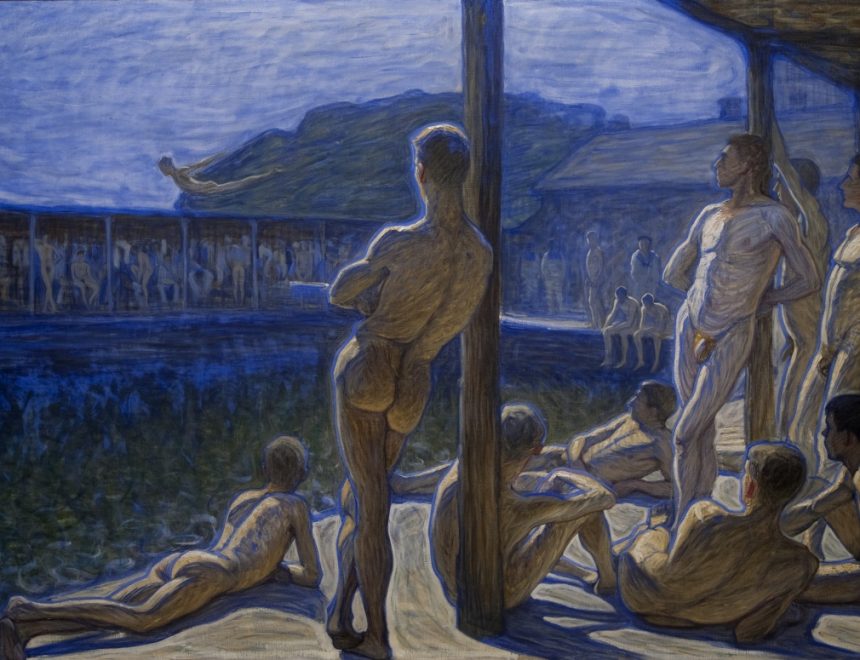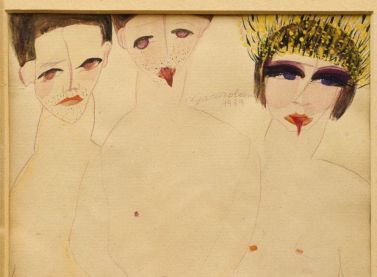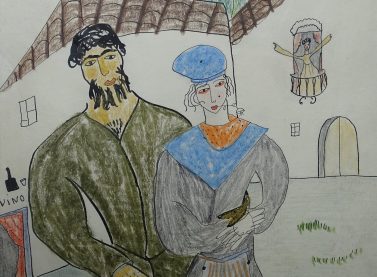Lecture by Juan Vicente Aliaga on the occasion of the opening of the exhibition “Moral dis/order”
Lecture on the occasion of the opening of the exhibition “MORAL DIS/ORDER. Art and sexuality in Europe between the wars” by the curator Juan Vicente Aliaga.
‘This exhibition will examine the changes that took place in sexuality and morality in Europe in the period between the two world wars. During that time, one can observe the impact of conservatism on laws and the persistence of religious mores. At the same time, it is imperative to bear in mind the aftereffects of the Great War on the general population. The social crisis in which European societies were caught up and the fierce zest for life following such a dark period prompted the rise of forms of behaviour in individuals and groups that diverged from the dominant order. This newfound freedom in customs found a fertile terrain for expression in art. The use of photography facilitated the exposure of the body and nudity but other mediums—drawing, printing, painting, sculpture—were also used to capture this nonconformity with the moralizing norm. These expressions of freedom flourished more often in big cities like Berlin and Paris. That being said, censorship continued to be exercised and ongoing social and legal control was reflected in all kinds of repressive situations. The rise to power of Fascism and totalitarianism (Germany, Italy, Spain, Soviet Union) brought an end to this vision of a new society.’ J.V. Aliaga.
The exhibition includes over 180 artworks divided into seven sections: Cultures of the Body; The Bloomsbury Group and Other Aesthetics; Trauma and Desire; Under this Mask, Another Mask (Sous ce masque, un autre masque); The Depths of Sex; Salacious Times and Virile Totalitarianisms, featuring a range of drawings, paintings, prints, photographs, sculptures and films by more than 45 artists such as Hans Bellmer, Romaine Brooks, Brassaï, Federico García Lorca, Gluck, Duncan Grant, Hannah Höch, Tamara de Lempicka, Maruja Mallo, Jeanne Mammen, Néstor, Max Pechstein, Gregorio Prieto, Carol Rama, Rudolf Schlichter, Sascha Schneider, Suzanne Valadon, Ethel Walker and Gerda Wegener, as well as a selection of books, journals and other documentation from the period.





